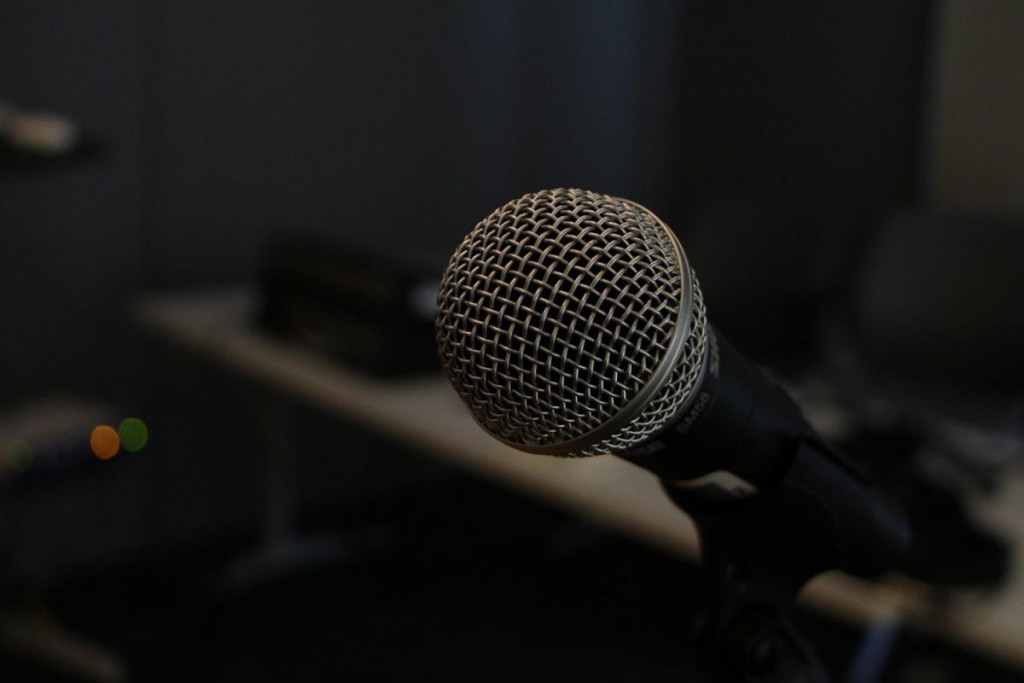
Supporting the media to be a platform for electoral debate
AS the Electoral Commission of Zambia puts in place systems for ensuring the forthcoming August 2016 general elections are credible, free and fair, one of the platforms they will need is the media.
The media are essential to democracy. In fact, a democratic election is impossible without media. The media, especially community radio, will be at the forefront of informing and educating the electorate, ensuring that the rules and regulations of this elections are well explained and abided by, and ensuring fairness by providing platforms to politicians from across the divide to campaign.
The role of the media in a general election like the one to be held in August includes among others, enabling full public participation in elections through educating voters on how to exercise their democratic rights, reporting on the development of an election campaign, providing a platform for the political parties and candidates to communicate their message to the electorate and allowing the parties and candidates to debate with each other. Others roles include providing a platform for the public to communicate their concerns, opinions, and needs, to the parties/candidates, the government, and to other voters, and timely reporting of results and monitoring vote the counting.
A free and fair election is not only about the freedom to vote and the knowledge of how to cast a ballot, but also about a participatory process where voters engage in public debate and have adequate information about parties, policies, candidates and the election process itself in order to make informed choices. Elections therefore constitute a basic challenge for the media to ensure that citizens and all electoral stakeholders get timely, accurate and unbiased information. This puts the media’s impartiality and objectivity to the test.
With less than six months to go before the August general elections, the Zambian media carries a huge responsibility of keeping the citizenry and voters abreast of the current events and raising awareness of various issues and developments.
The media will act as a platform upon which various state and non-state actors will meet to discuss, debate and share information on various aspects of these election. To the voter and the candidate, the media platform will be a place where ideas and new policies will be promoted, manifestos explained for the voter to make informed decisions.
All these roles require that a media be properly equipped, trained and supported to handle an election of the magnitude of the Zambia 2016 general election.
It is for this reason that Panos Institute of Southern Africa (PSAf), a communication development and media support organization has designed election coverage programmes and media capacity building programmes to ensure that the Zambian media, especially the rural based community media, understand and appreciate their roles in an electoral system. The programmes will help the media provide a neutral or impartial media platform to enable informed debates and discussions while providing a crucial but necessary interface between the candidates and the voters. As the secretariat for the Zambia Election Information Centre, PSAf will work with its local partners to provide material support to enable the rural and community media to mainstream ICTs and social media to be able to cost effective tap into the various sources of information and knowledge to be able to provide evidence based reporting. The use of data-enabled phones to allow reporters on the campaign trail to communicate with their news rooms and send pictures, videos and report of the issues in the field will be promoted.
As a starting point, PSAf has invited station managers and senior producers from major community radio stations from each of the 10 provinces to discuss the constitutional changes and how they will affect or influence the coverage of the general elections. This conference is also expected to identify and itemize the challenges that these rural media houses have faced in covering of an election, so that remedial programmes can be designed for them.
PSAf therefore looks forward to partnering with like-minded partners to ensure all media houses in Zambia and their journalists have their elections reporting capacity built so as to help provide a free and fair media platform for the August general elections. This will enable the media to play its rightful role before, during and after the August elections.